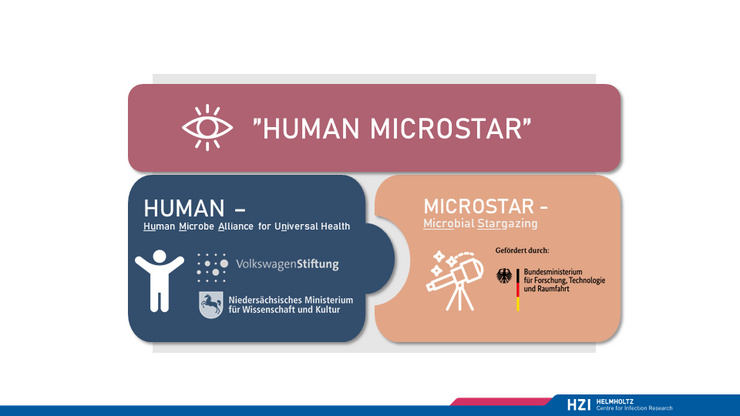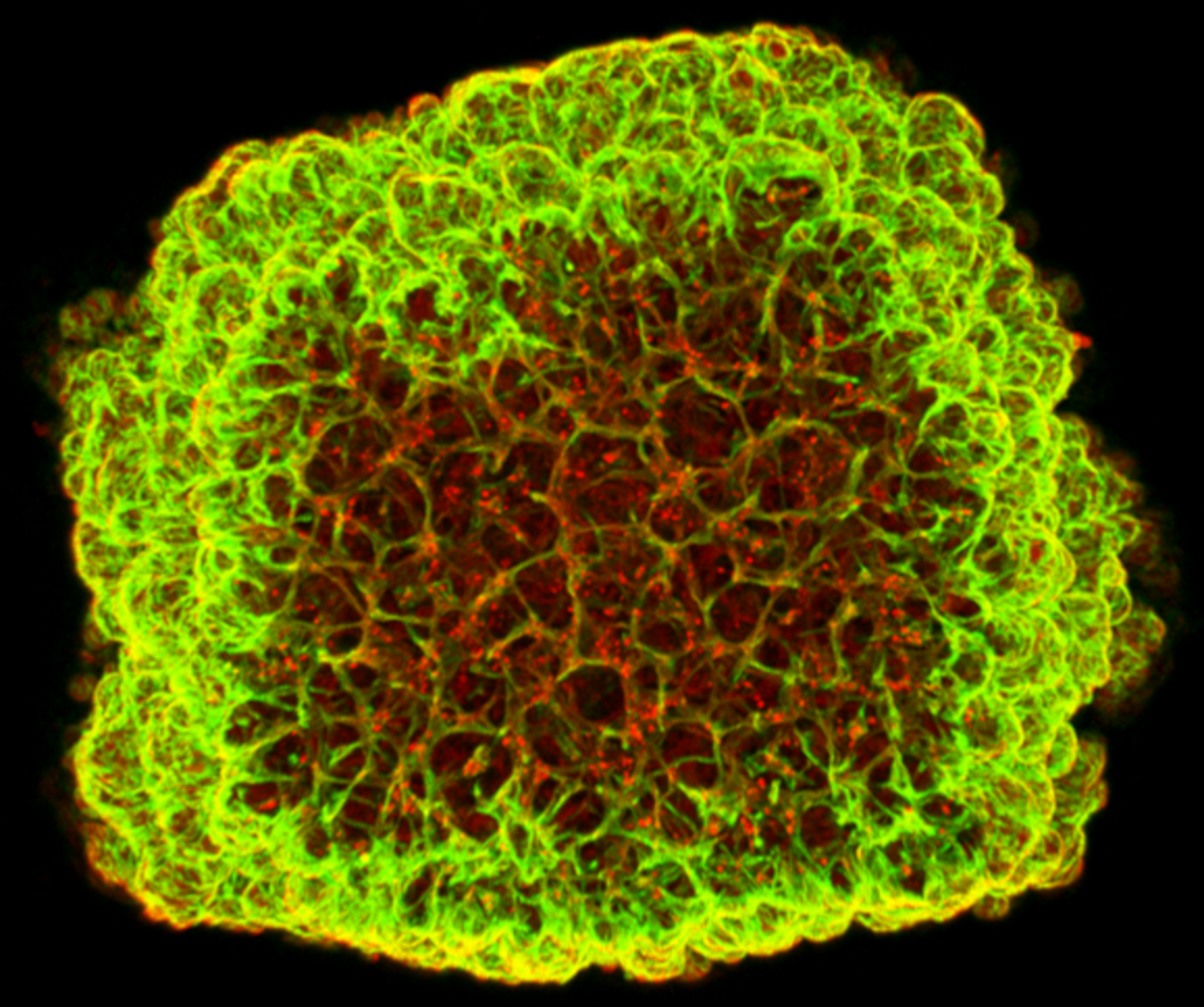HUMAN MICROSTAR
Each human being forms an individual ecosystem that is exposed to a variety of different influences throughout its life, affecting current and future health as well as susceptibility to pathogens. Exposure to microbes and pathogens creates a kind of "archive" that determines the development of individual immunity, metabolic and psychological responses, and long-term consequences.
To advance our understanding of human health, infectious diseases, and infection-associated non-communicable diseases, unraveling this complex human-microbe alliance is essential. Based on this knowledge, innovative strategies can then be developed to protect, restore and preserve human health.
This is why we are establishing the project HUMAN MICROSTAR: the combination of the two programs “HUMAN” and “MICROSTAR” provides a holistic and comprehensive approach with the potential to provide groundbreaking insights and new solutions for human health in the context of its microbial environment.
Our goal is to create an environment where aspiring scientists can unleash their full potential and contribute to groundbreaking discoveries in their respective fields.
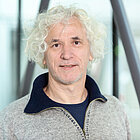
Human Microbe Alliance for Universal Health (HUMAN)
Depending on various factors such as age, lifestyle, genetic, epigenetic and social factors, individual immune system, medication taken, etc., each person reacts differently when interacting with microbes.
Exploring this "human ecosystem" is the main objective of the HUMAN (Human Microbe Alliance for Universal Health) project. HUMAN aims to improve our understanding of human health, particularly in relation to infectious diseases, and to use this knowledge for the development of innovative strategies to protect or restore it. The project with a volume of around 70 million euros is funded by the VolkswagenFoundation and the Ministry of Science and Culture of Lower Saxony.
The next generation of elite researchers – new junior research group leaders at the HZI
In context of the newly established HUMAN program, we aim to foster the careers of exceptional professionals whose research contributes to understanding the complex interplay of humans and microbes in order to fight infectious diseases.
We are recruiting early-career researchers to develop independent research programs committed to research excellence, translation, and EDI (equity, diversity, inclusion). The program offers highly competitive positions in the following areas:
HUMAN Junior Research Groups:
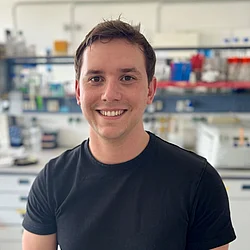


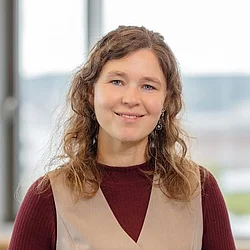

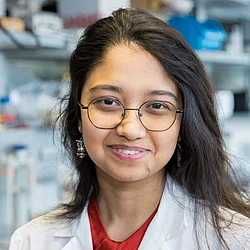

Microbial Stargazing (MICROSTAR)
Over the course of almost four billion years of evolution, all organisms, from viruses and single-celled microorganisms to humans, have developed protective mechanisms against potentially harmful internal and external influences at the molecular, genomic, cellular and ecosystem levels. These resilience mechanisms enable them to react effectively to changes, survive in existing habitats and colonise new ones.
With the MICROSTAR project ("Microbial Stargazing") the HZI aims to learn from the microbial world and decipher the principles of their resilience and adaptability in order to utilise these principles for the benefit of humans and nature.
MICROSTAR is funded by the Federal Ministry of Research, Technology and Space (BMFTR) with around 30 million euros and includes several modules, which are dedicated primarily to the establishment of several junior research groups and extensive measures to promote young scientists. Another module supports science by creating a new Digital Office that will integrate and coordinate the digital transformation across all HZI sites, in particular to promote the handling of research data and digital technologies. The MICROSTAR project started in October 2023 and ends in December 2029.
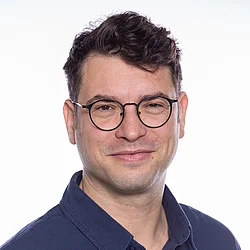

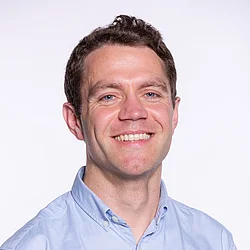

The department of Innovative Organoid Research , led by Josef Penninger, focuses on the development and use of organoids to study infections. Organoids are three-dimensional tissue models in cell culture that are cultivated from human stem cells and have the characteristics of organs such as the intestine, brain, heart, kidney or lung. Disease processes and pathogen-host interactions can be reproduced in a controlled but physiological environment. Using CRISPR technology, specific genetic traits can be modified in these organoids to study specific infection mechanisms. This allows us to analyse infection processes in detail and test potential therapeutic approaches. Supported by state-of-the-art robotic systems, cell culture processes are optimised to ensure efficient and standardised high-throughput production of organoids.
